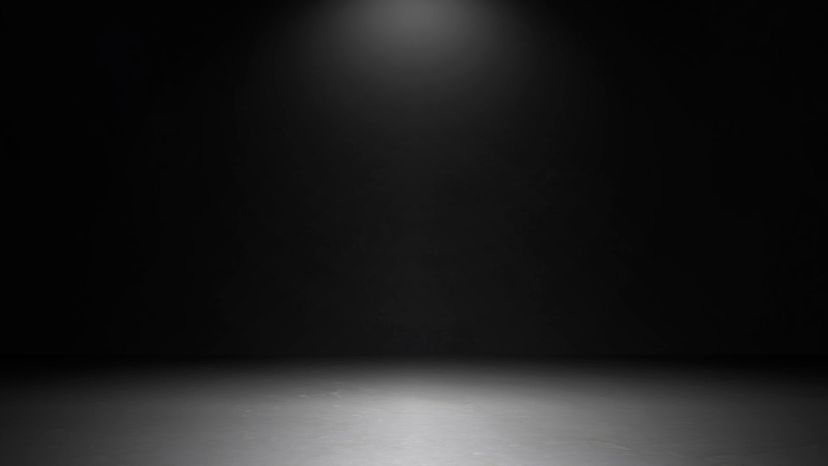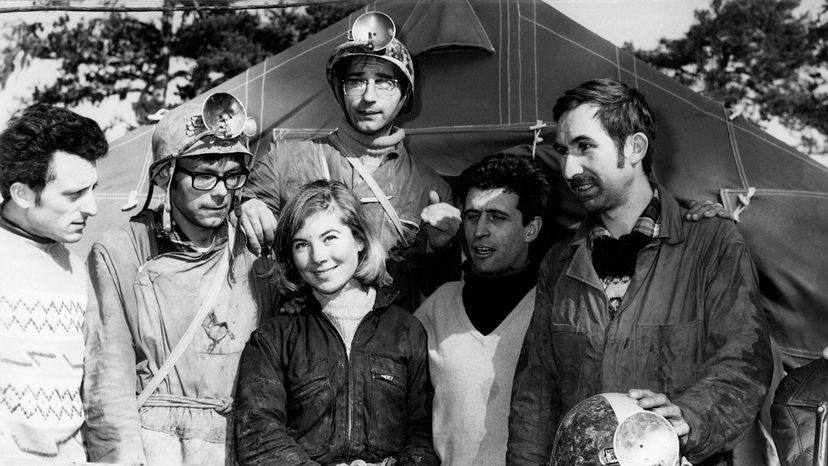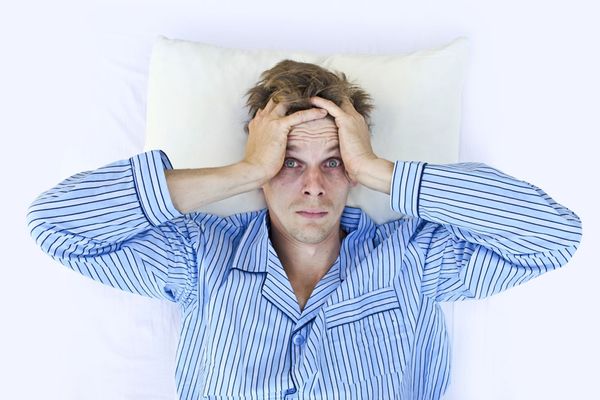
When study participants Josie Laures and Antoine Senni emerged from separate caves in the French Alps after more than 12 weeks in total isolation, researchers discovered they had lost weeks of their lives.
Laures surfaced on March 12, 1965, 88 days after she first entered her cave. She thought it was Feb. 25. Senni surfaced from his hole on April 5 that same year after 126 days away from sunlight. He thought it was Feb. 5.
Advertisement
The feat earned Laures and Senni each world records at the time for longest time spent alone in a cave. But the real winner was science. During each of the cave explorers' solitary adventure without sunlight to give them hints as to the time of day, researchers found that both Laures and Senni's perceptions of time as well as their sleep patterns were drastically altered while they were underground.
Senni, for one, would sometimes drift off to sleep for 30 hours at a time and wake feeling as if he'd simply had a short nap. Laures' sleep patterns were apparently so discombobulated that she struggled to fall back into a normal sleep pattern after coming out of her cave in the Alps.
Similar research in the decades that followed found that people's bodies tend to adjust into new sleep-wake patterns when they are isolated from sunlight, making them lose all concept of time.
So why does that happen? And what does it do to our mental state if we lose track of time?
We asked Jonathan S. Emens, M.D., F.A.B.S.M., a board-certified sleep medicine doctor and associate professor of psychiatry at Oregon Health & Science University, to shed some light on this mysterious phenomenon. To begin, he says, we must first understand what makes our internal clocks tick.
Advertisement


